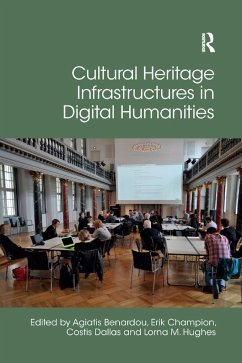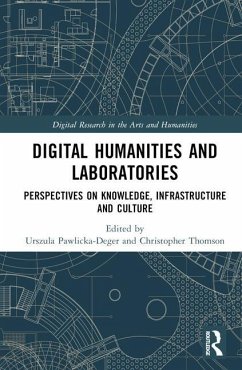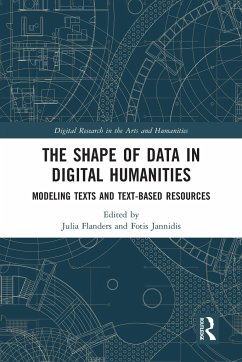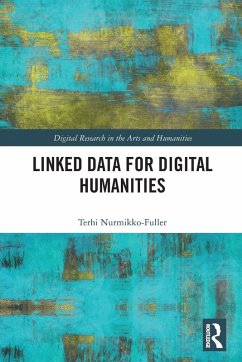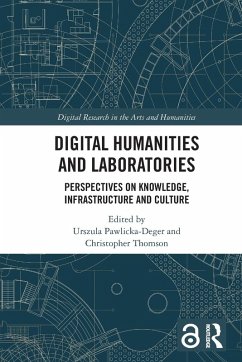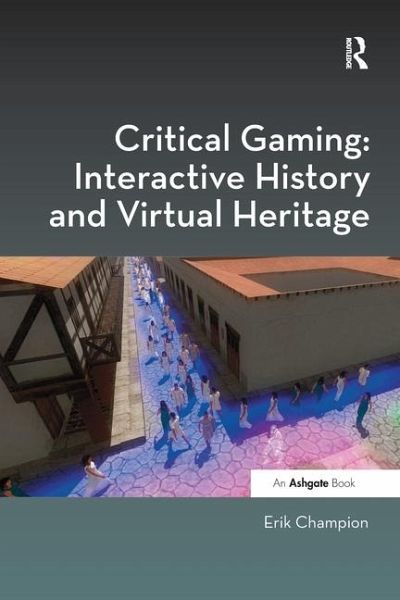
Critical Gaming
Interactive History and Virtual Heritage
Versandkostenfrei!
Versandfertig in 6-10 Tagen
43,99 €
inkl. MwSt.
Weitere Ausgaben:

PAYBACK Punkte
22 °P sammeln!
This book explains how designing, playing and modifying computer games, and understanding the theory behind them, can strengthen the area of digital humanities. This book aims to help digital humanities scholars understand both the issues and also advantages of game design, as well as encouraging them to extend the field of computer game studies, particularly in their teaching and research in the field of virtual heritage. By looking at re-occurring issues in the design, playtesting and interface of serious games and game-based learning for cultural heritage and interactive history, this book ...
This book explains how designing, playing and modifying computer games, and understanding the theory behind them, can strengthen the area of digital humanities. This book aims to help digital humanities scholars understand both the issues and also advantages of game design, as well as encouraging them to extend the field of computer game studies, particularly in their teaching and research in the field of virtual heritage. By looking at re-occurring issues in the design, playtesting and interface of serious games and game-based learning for cultural heritage and interactive history, this book highlights the importance of visualisation and self-learning in game studies and how this can intersect with digital humanities. It also asks whether such theoretical concepts can be applied to practical learning situations. It will be of particular interest to those who wish to investigate how games and virtual environments can be used in teaching and research to critique issues and topics in the humanities, particularly in virtual heritage and interactive history.






